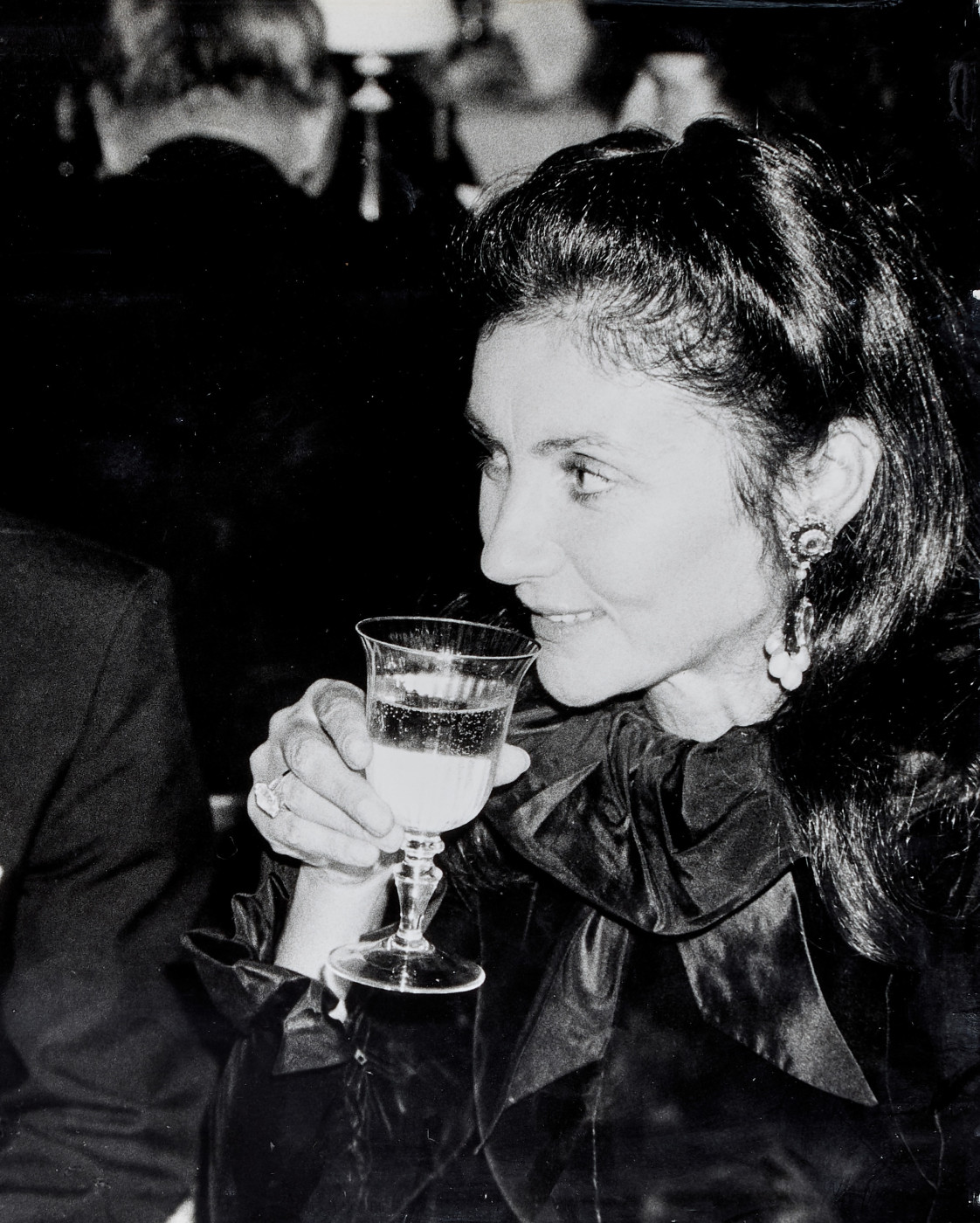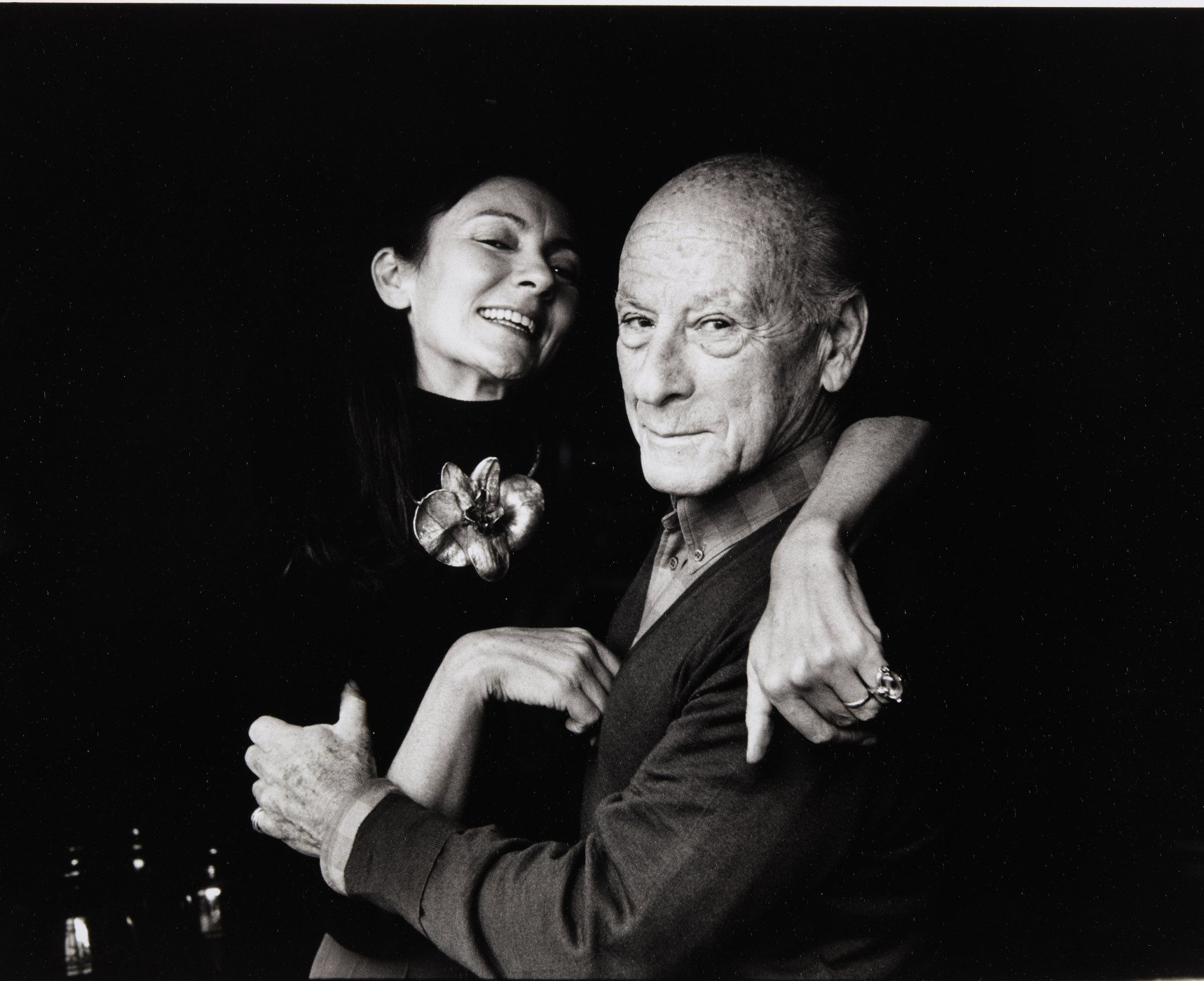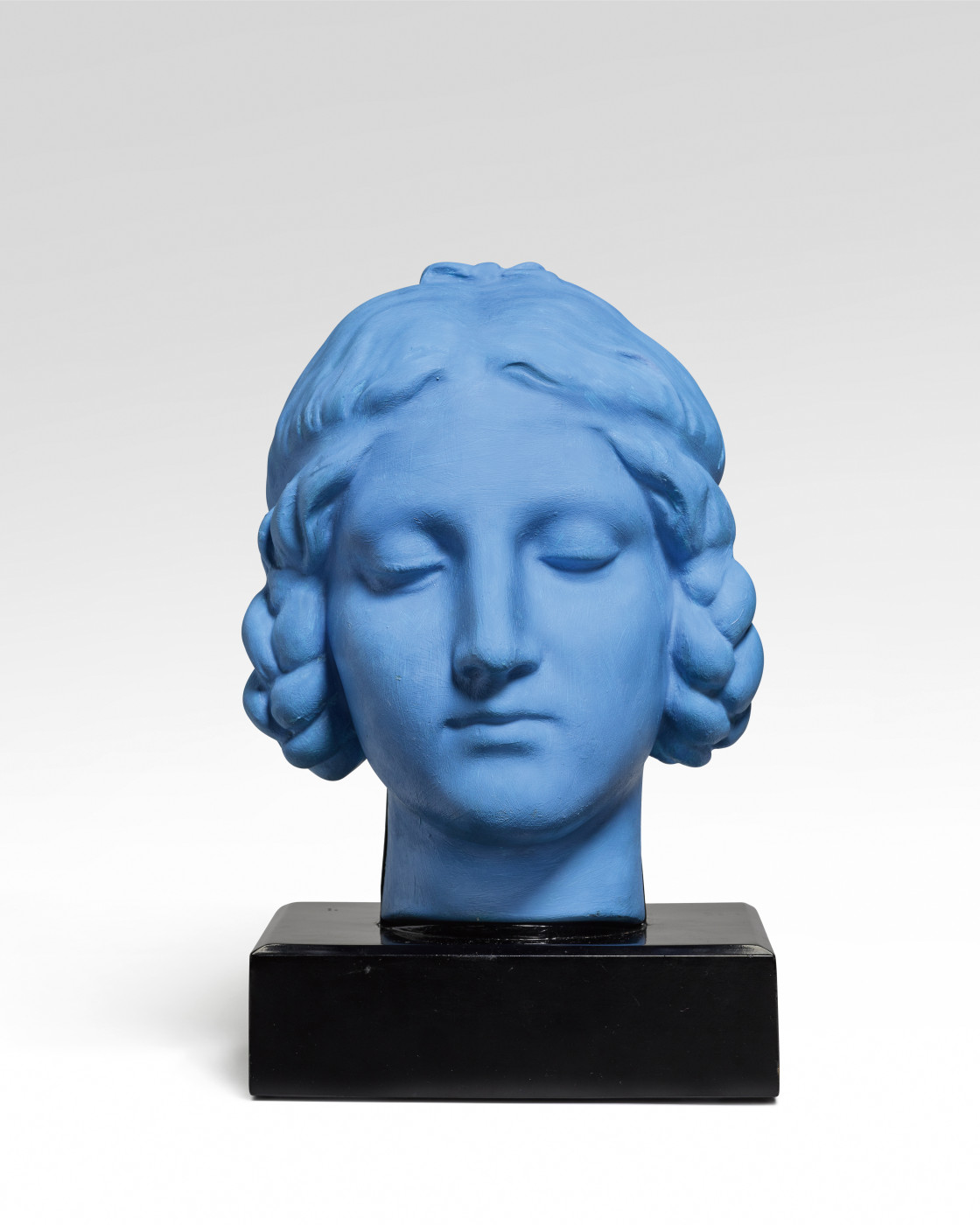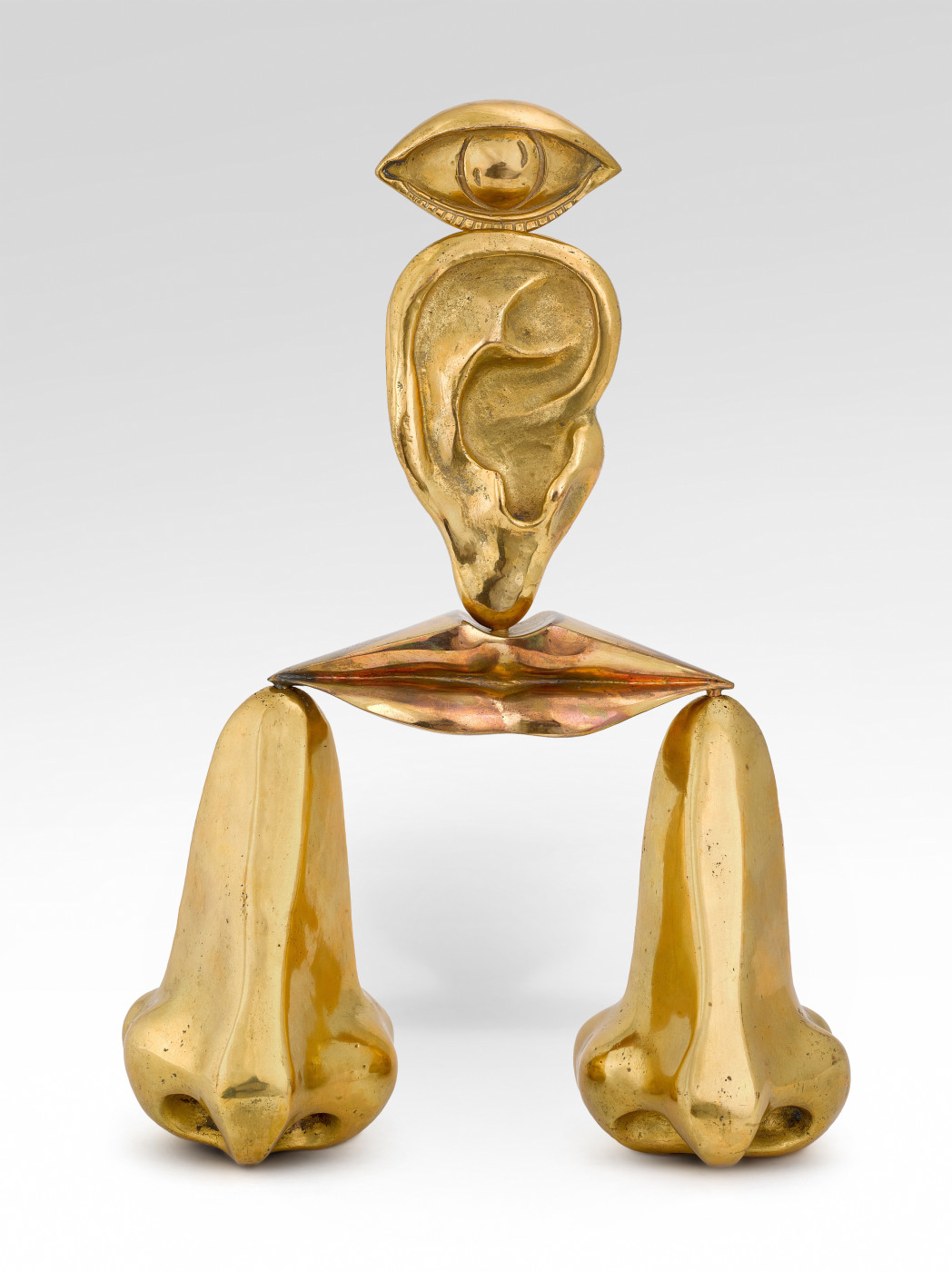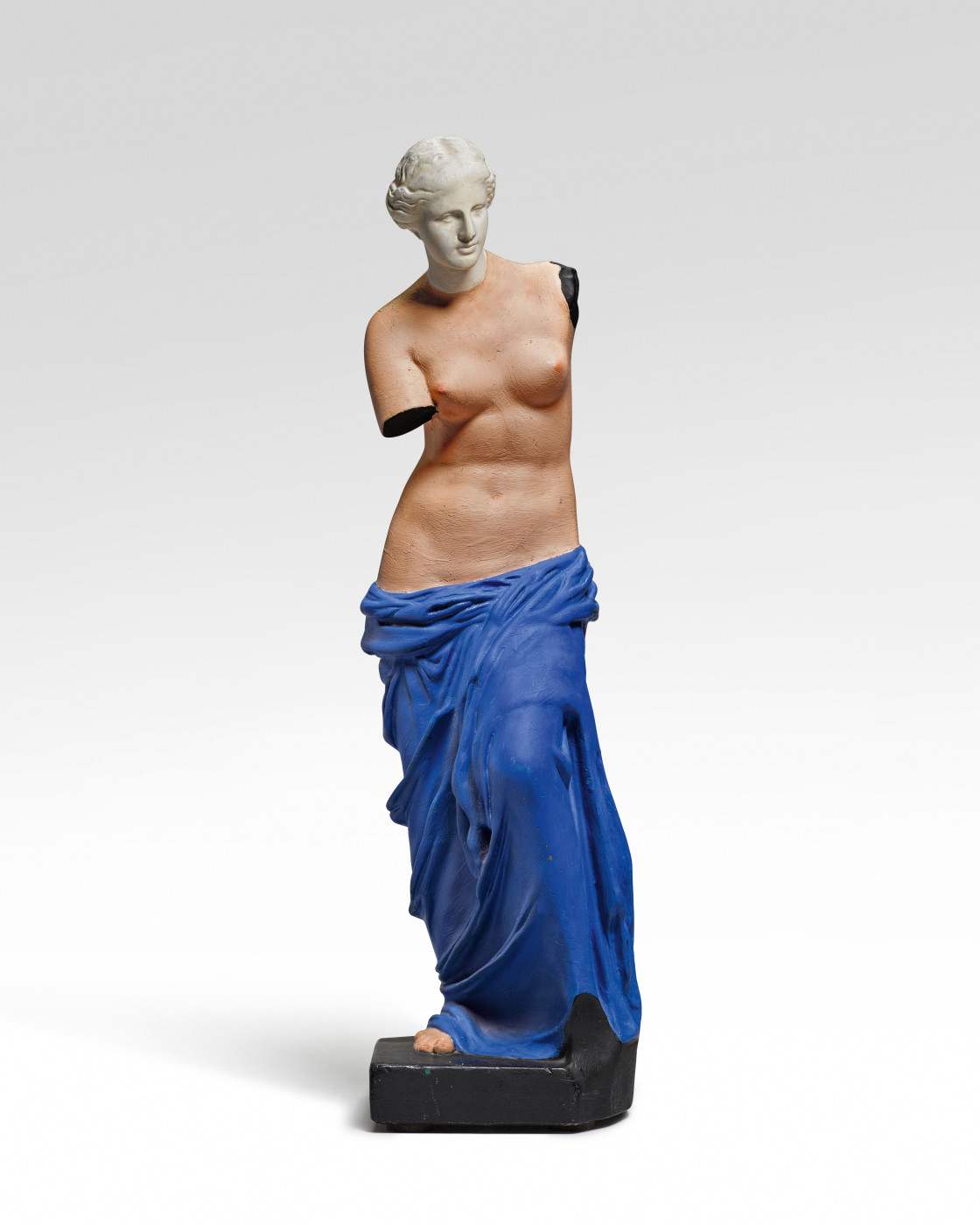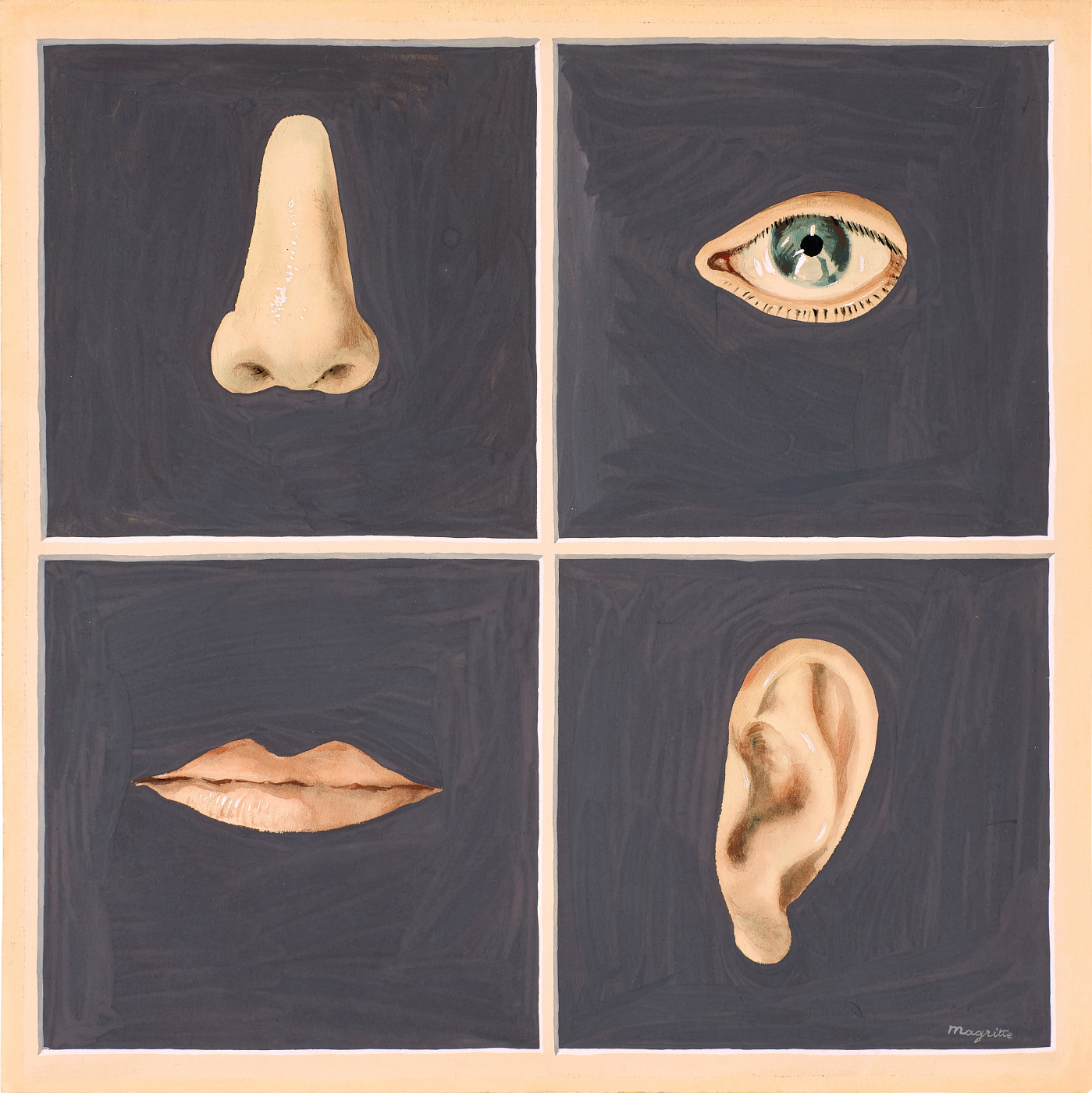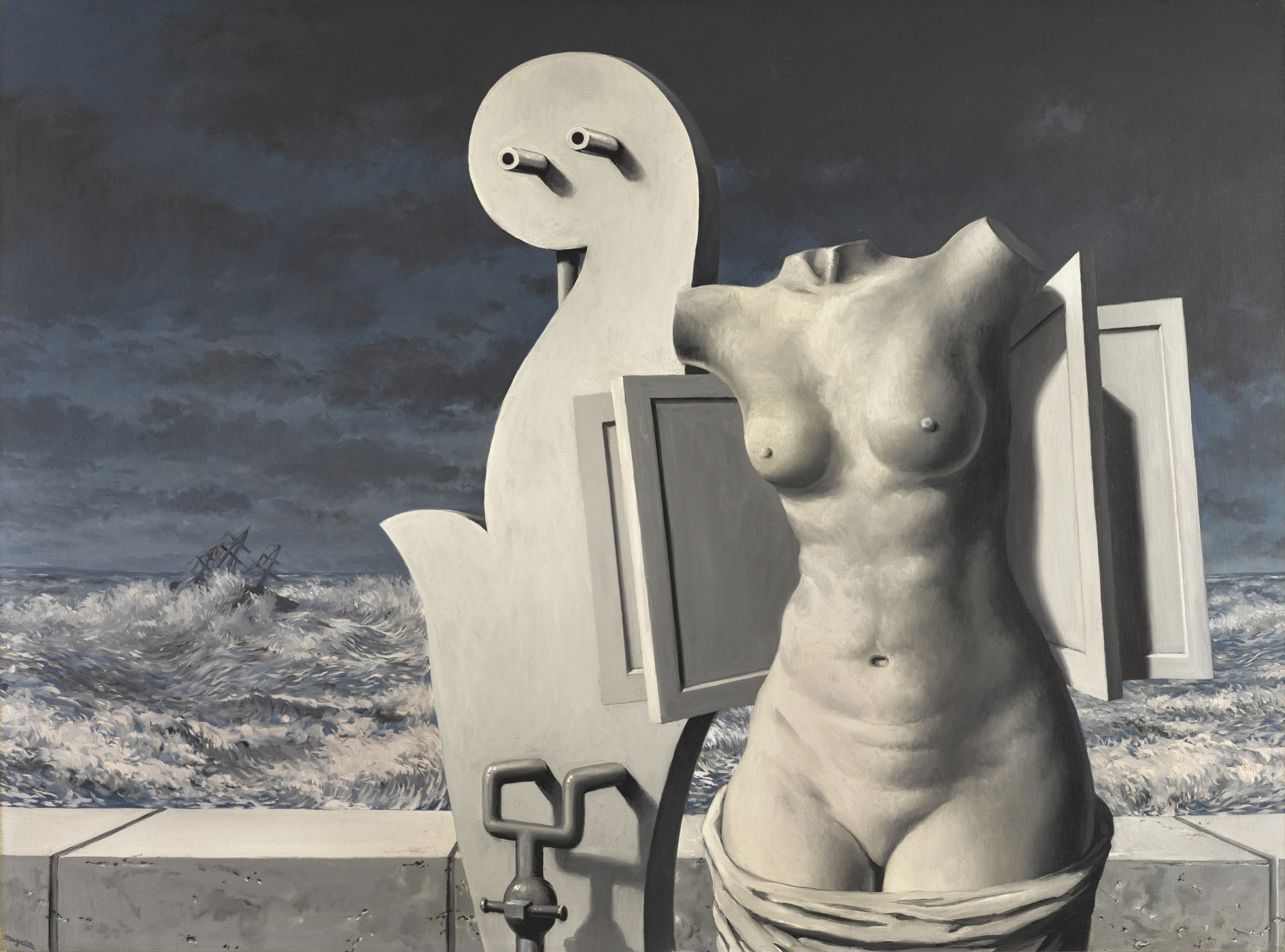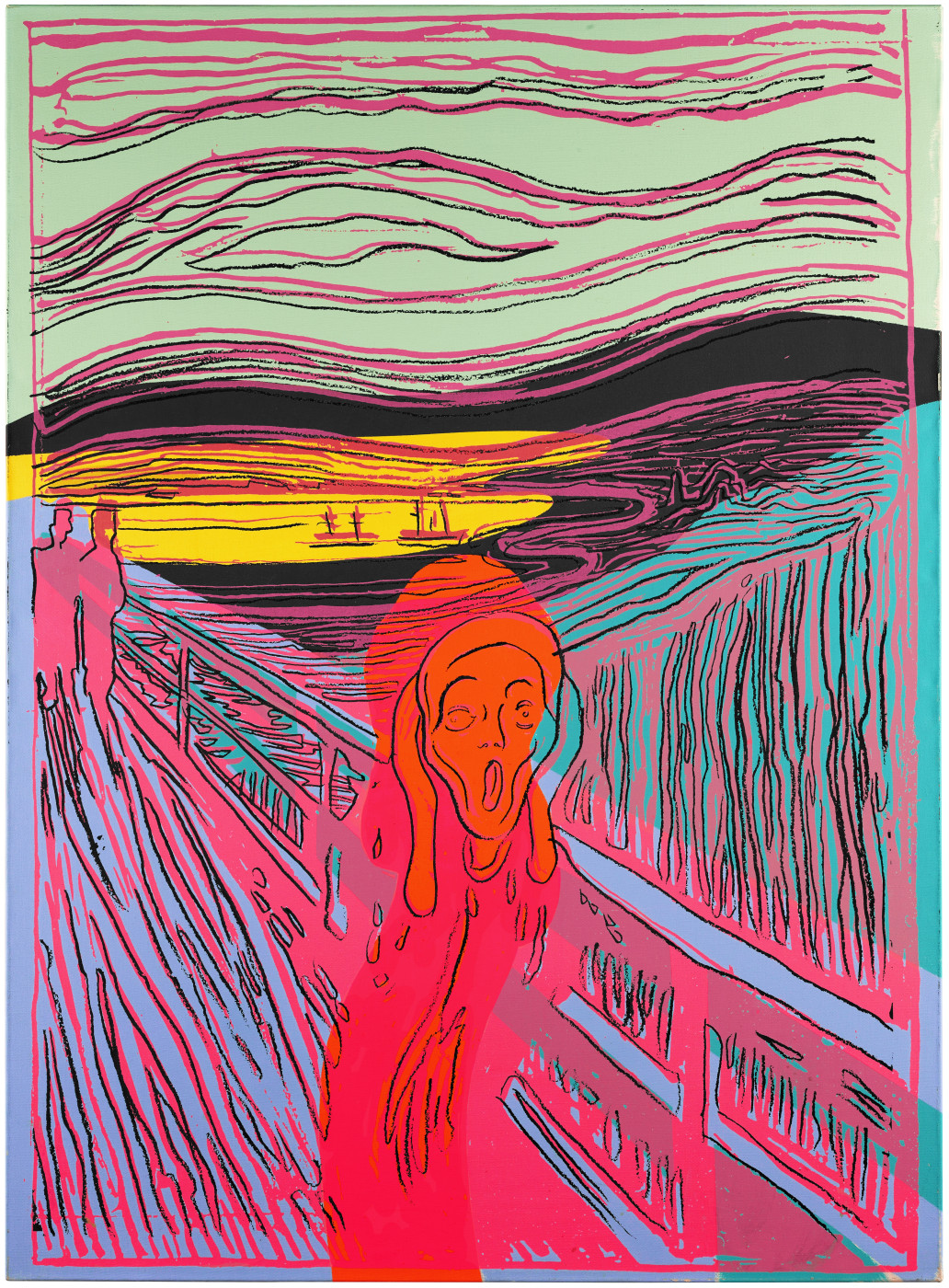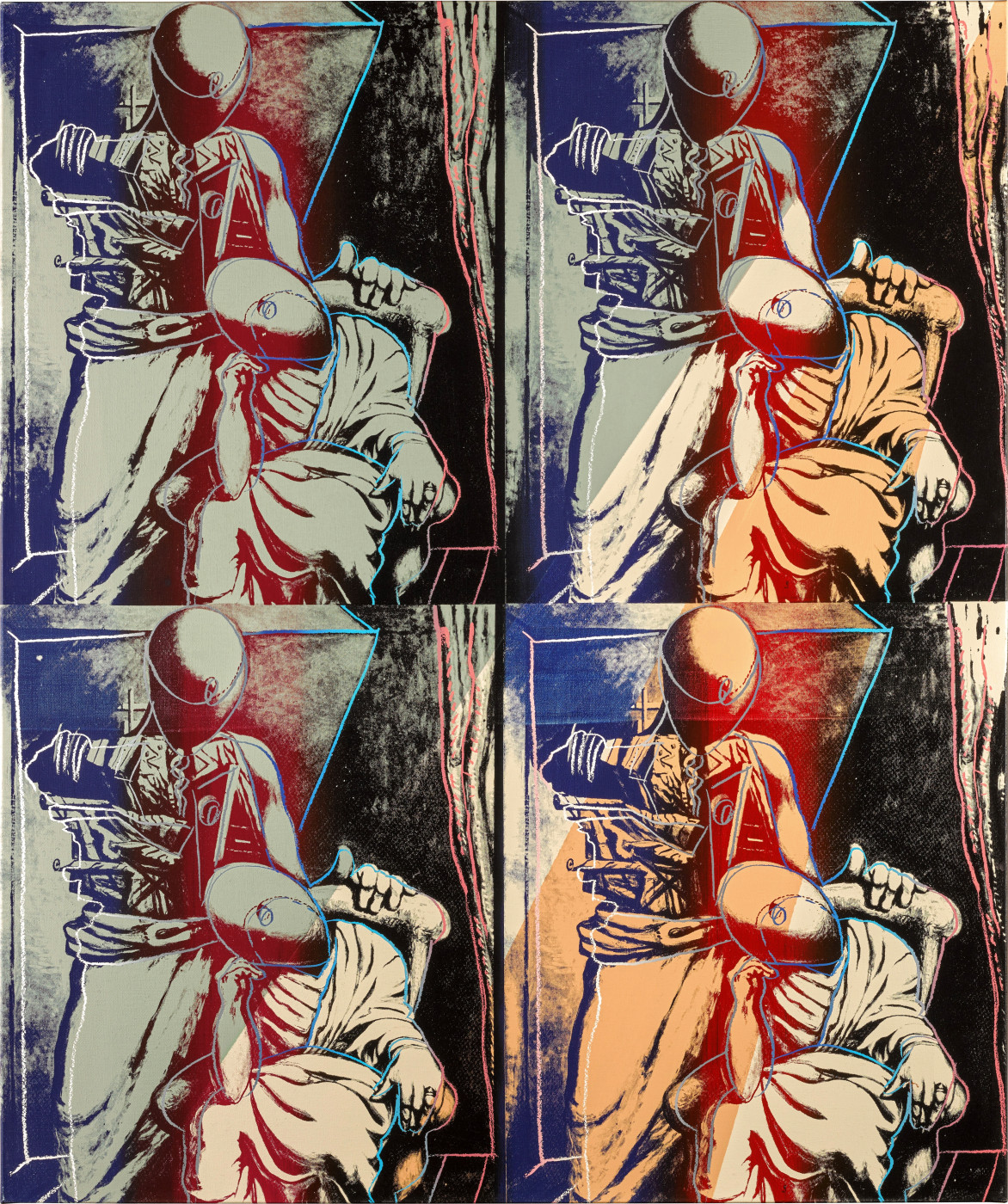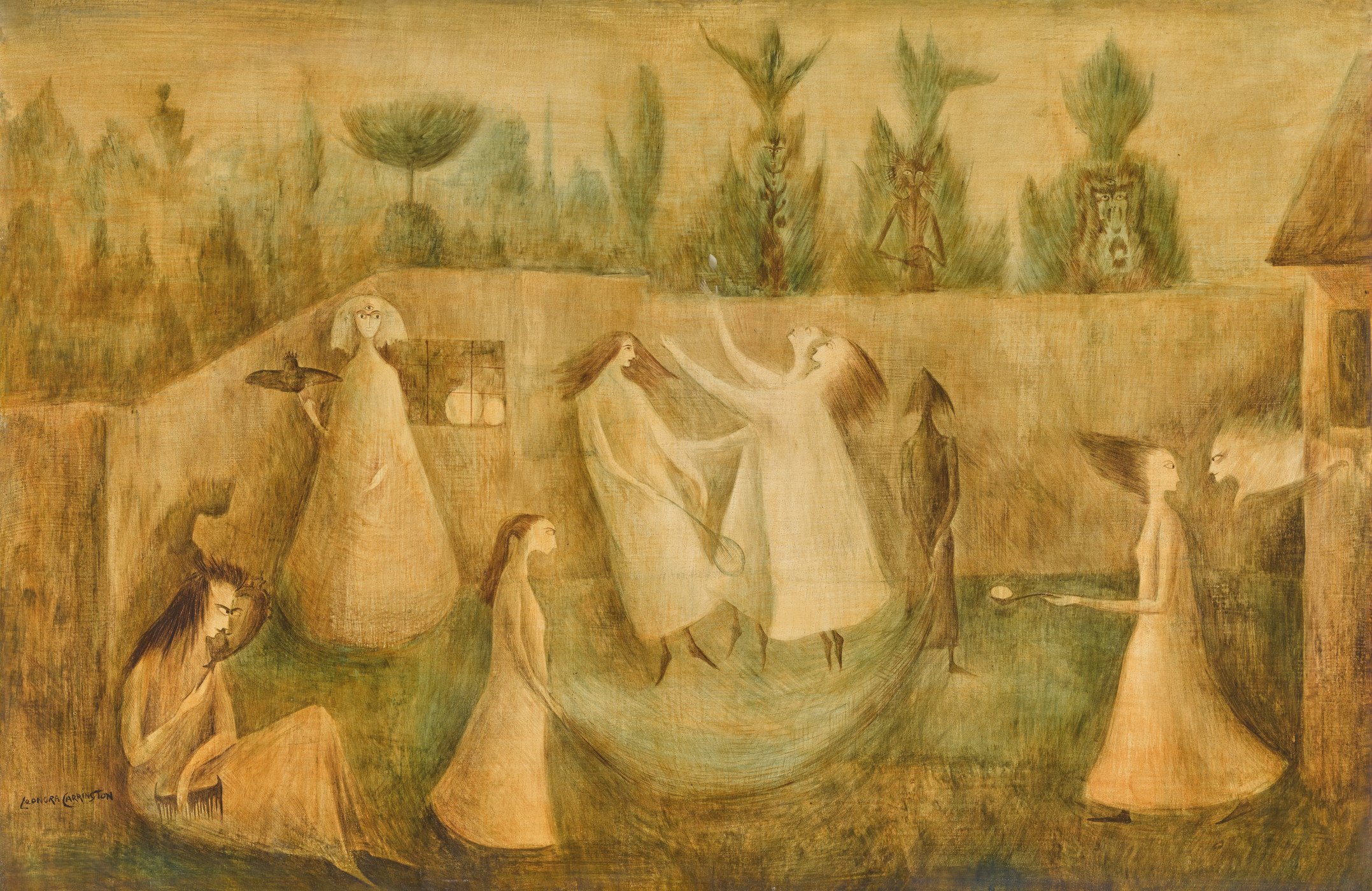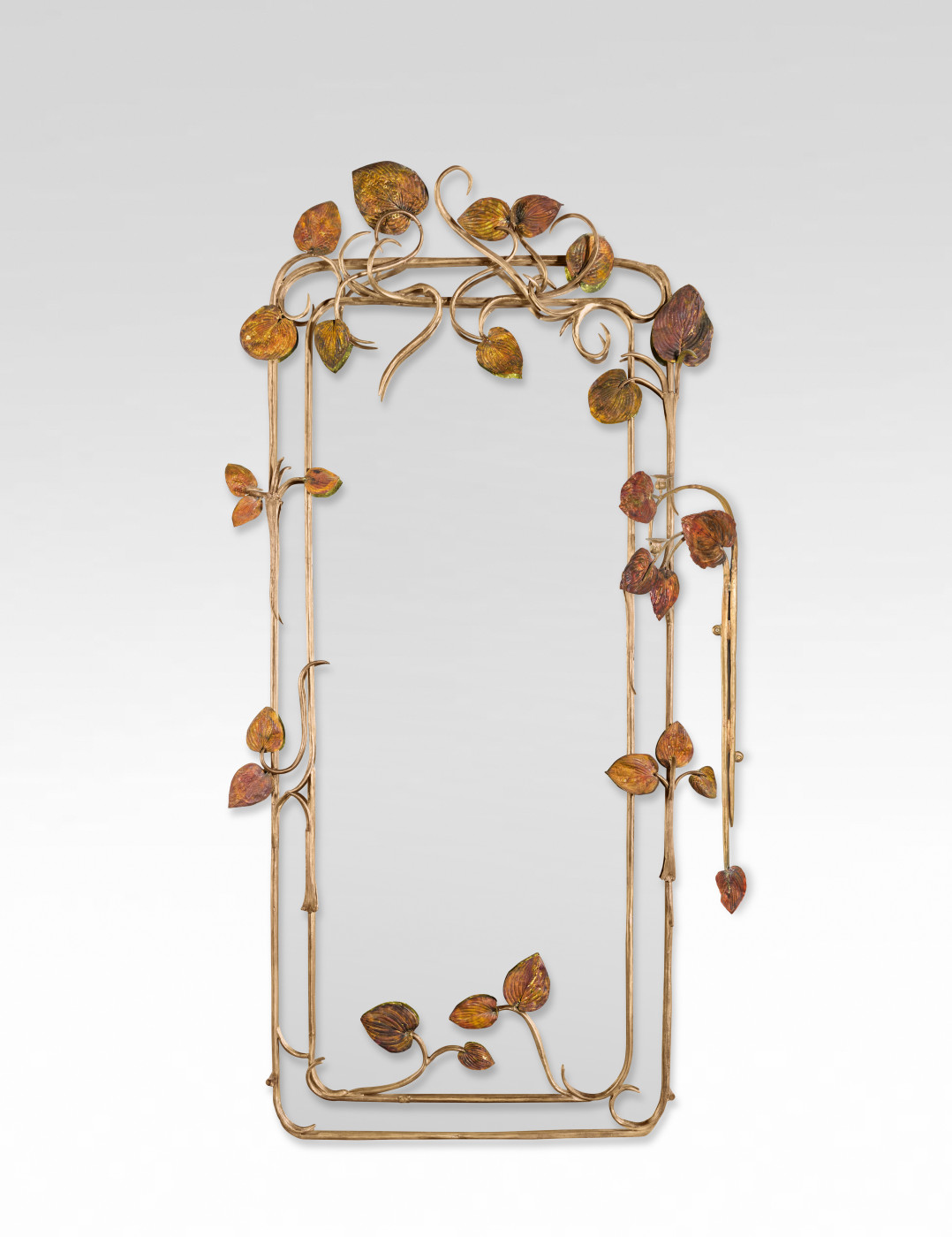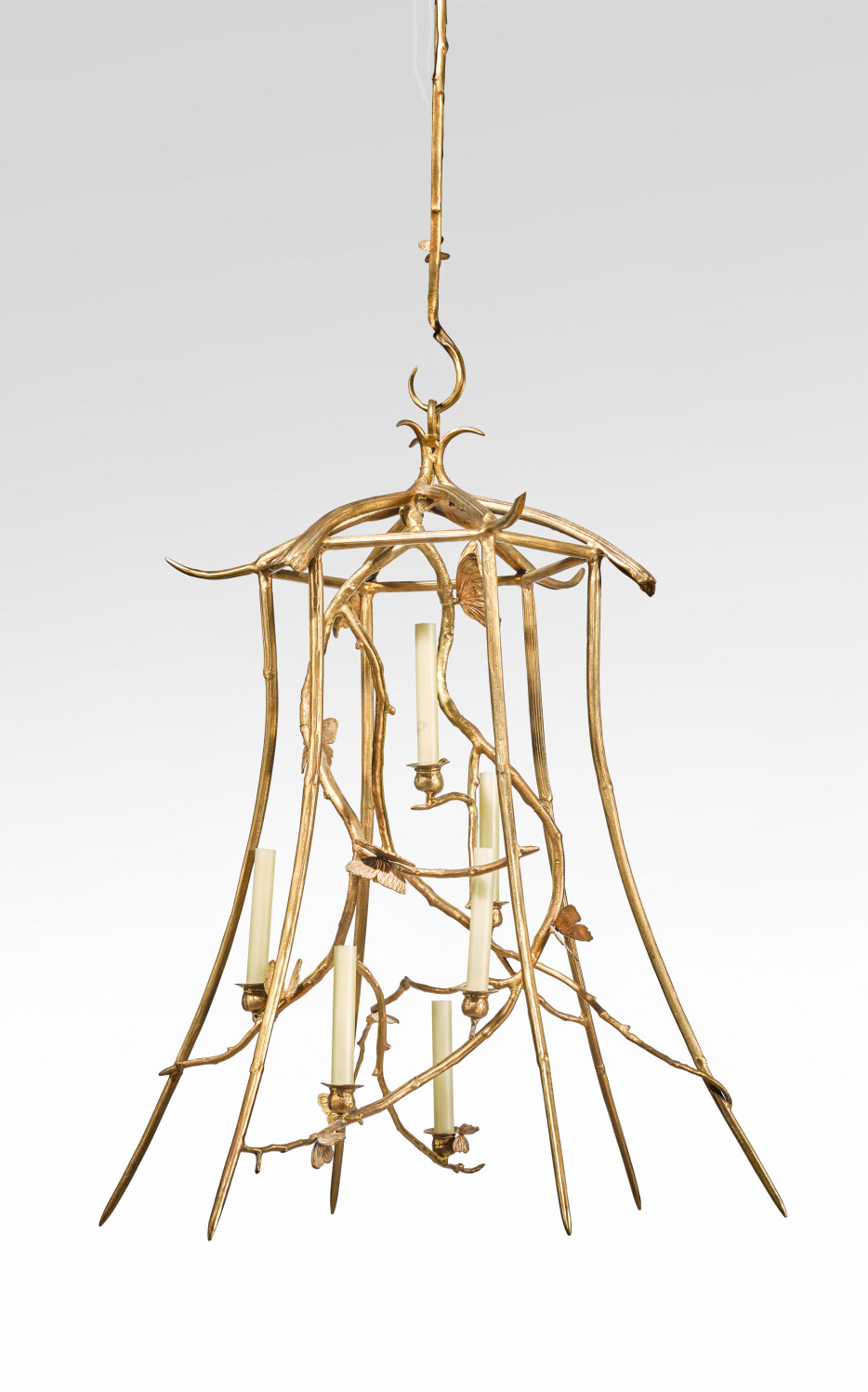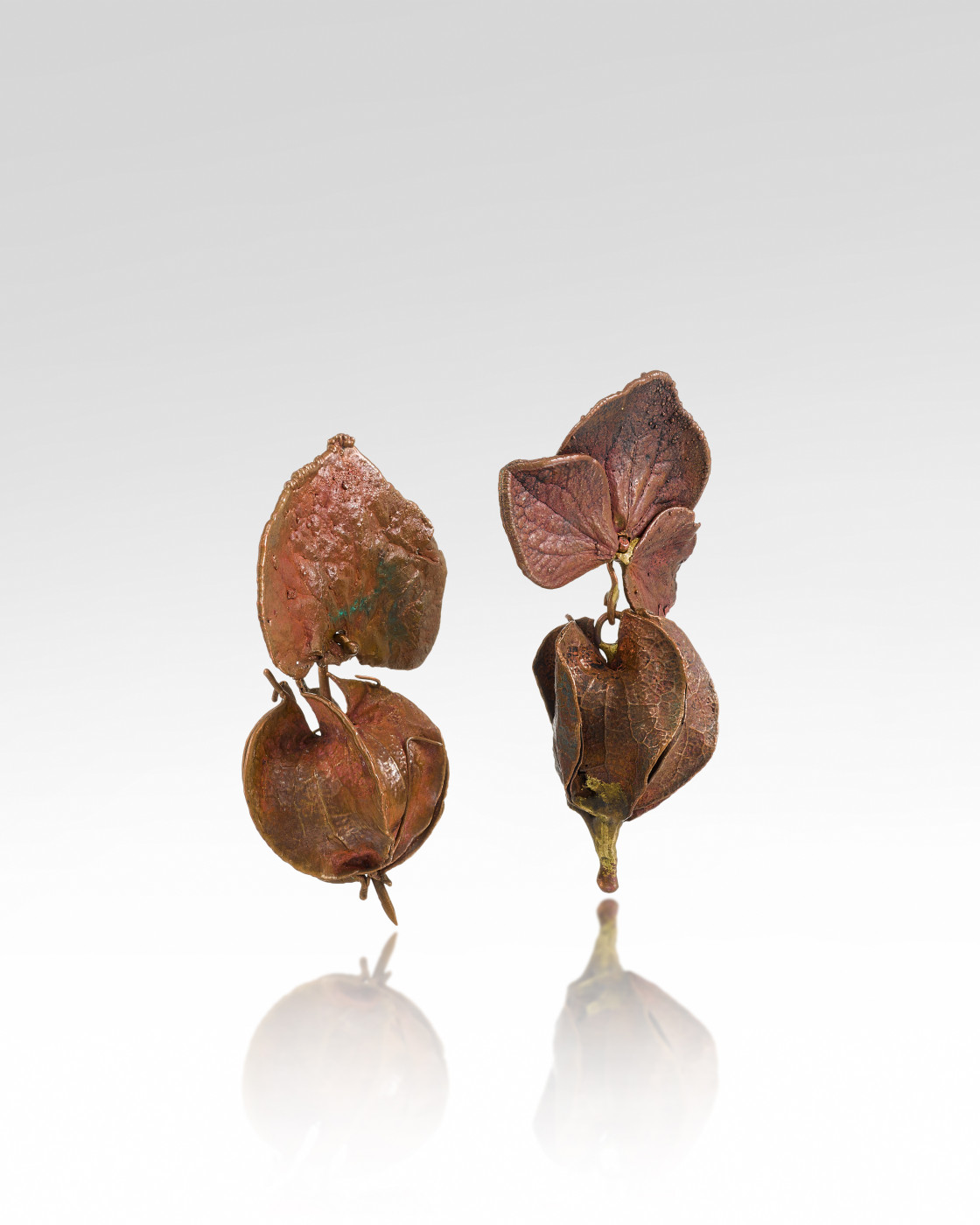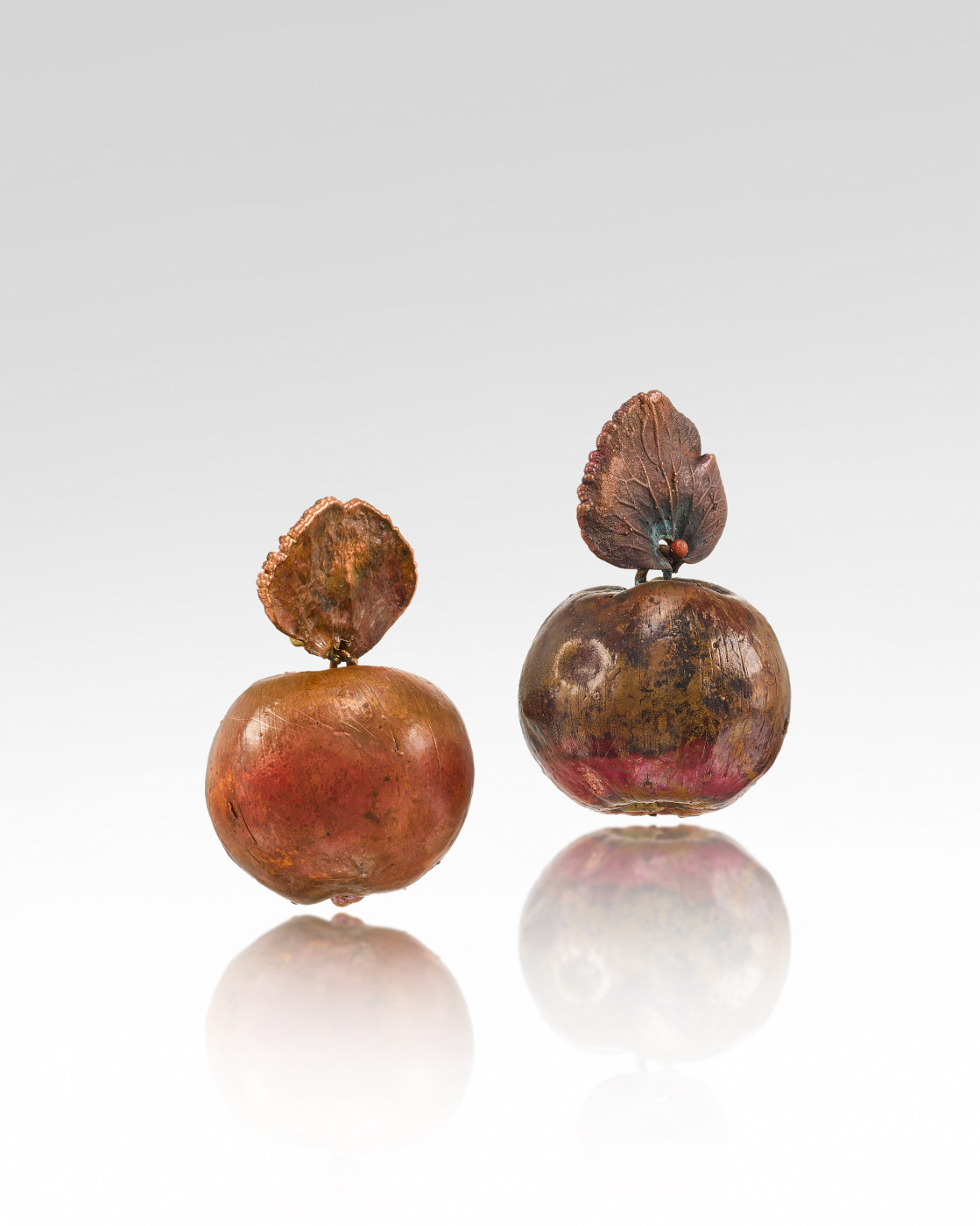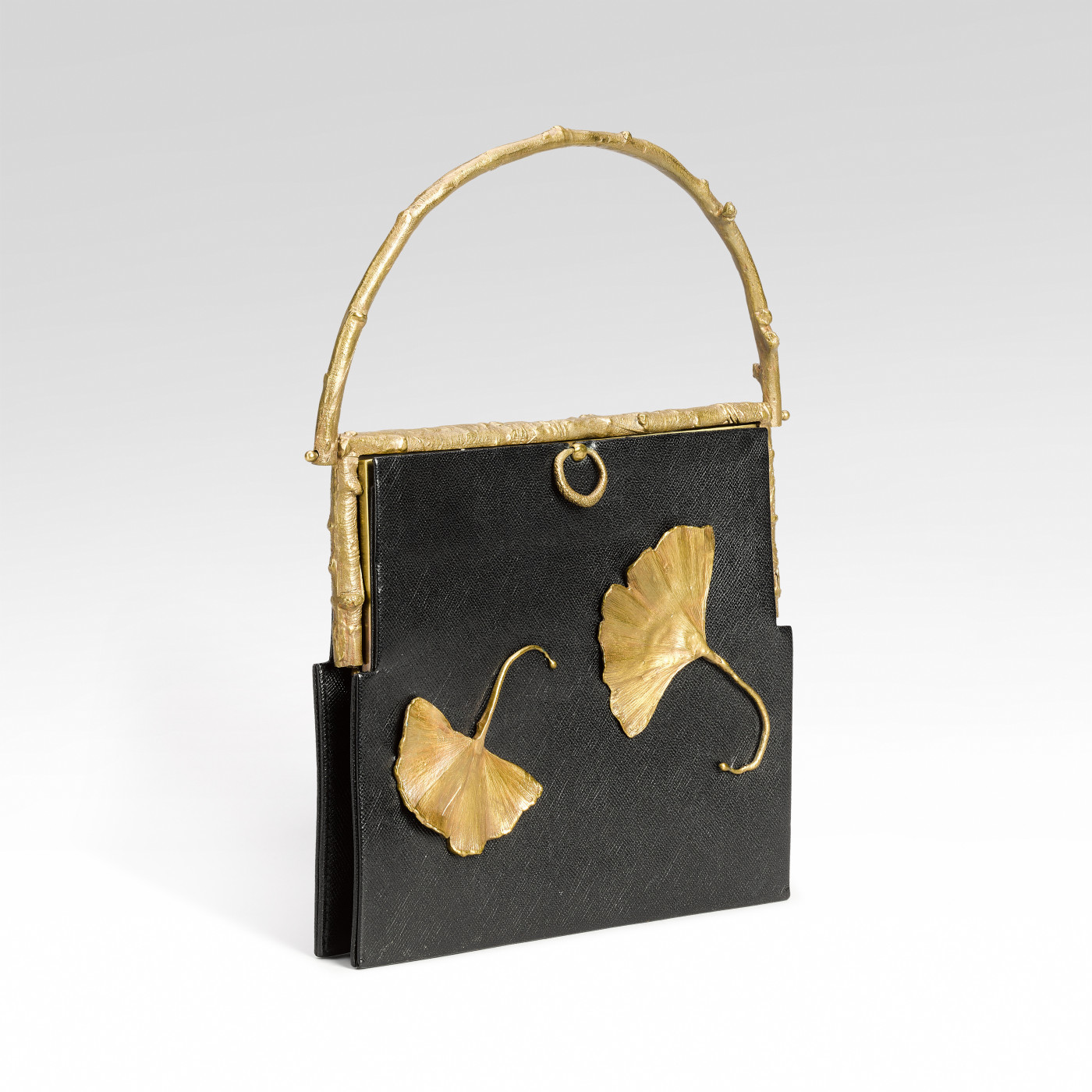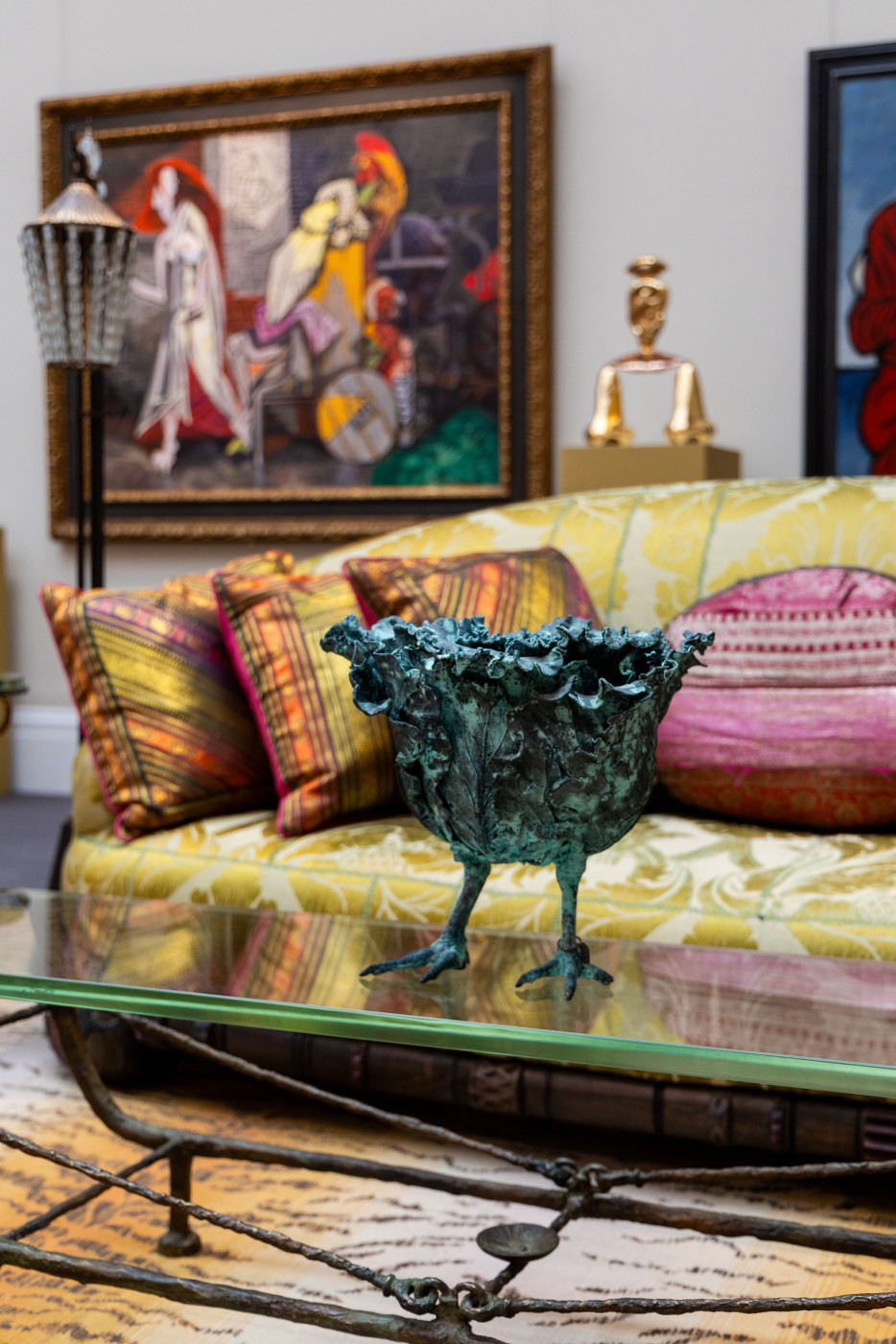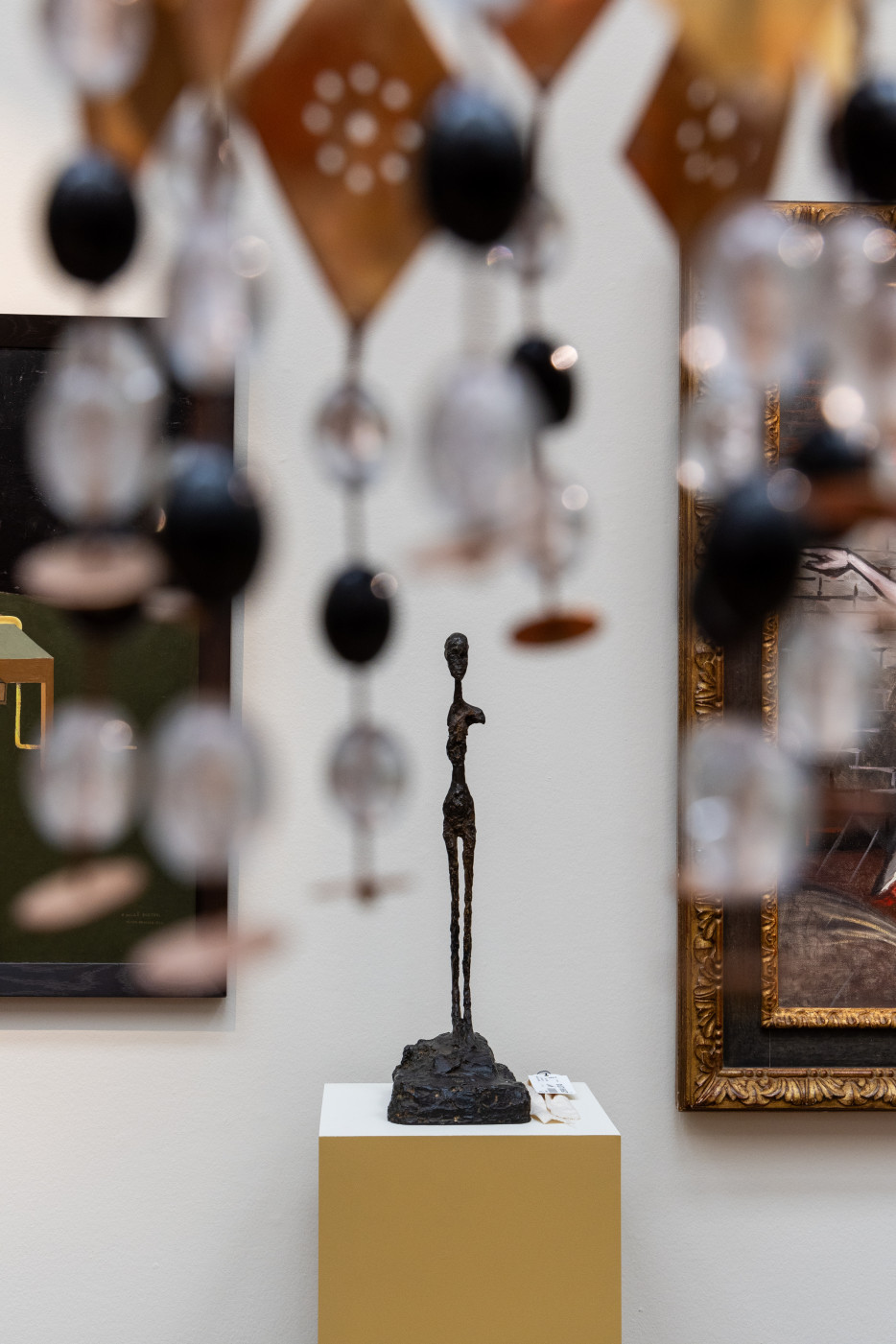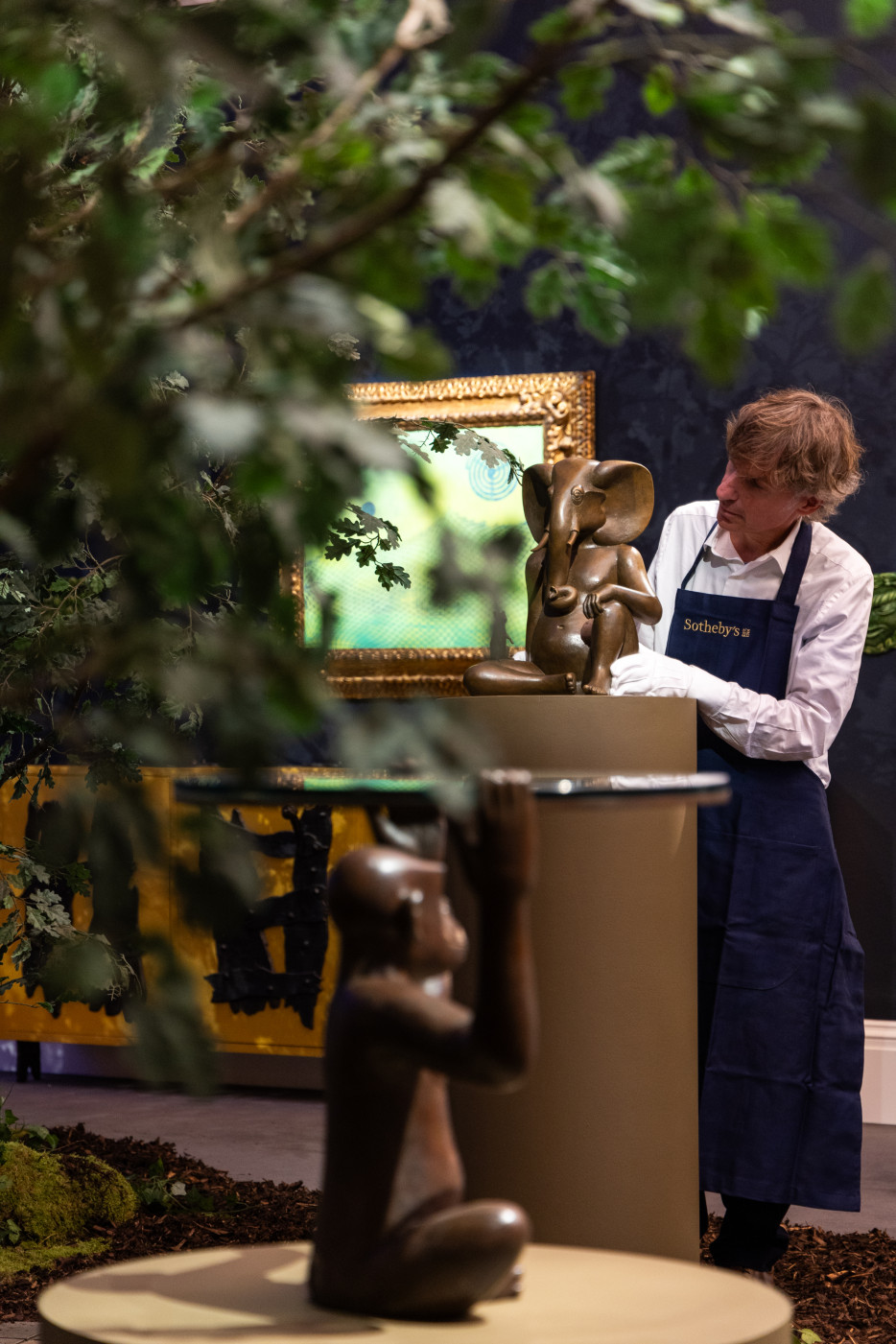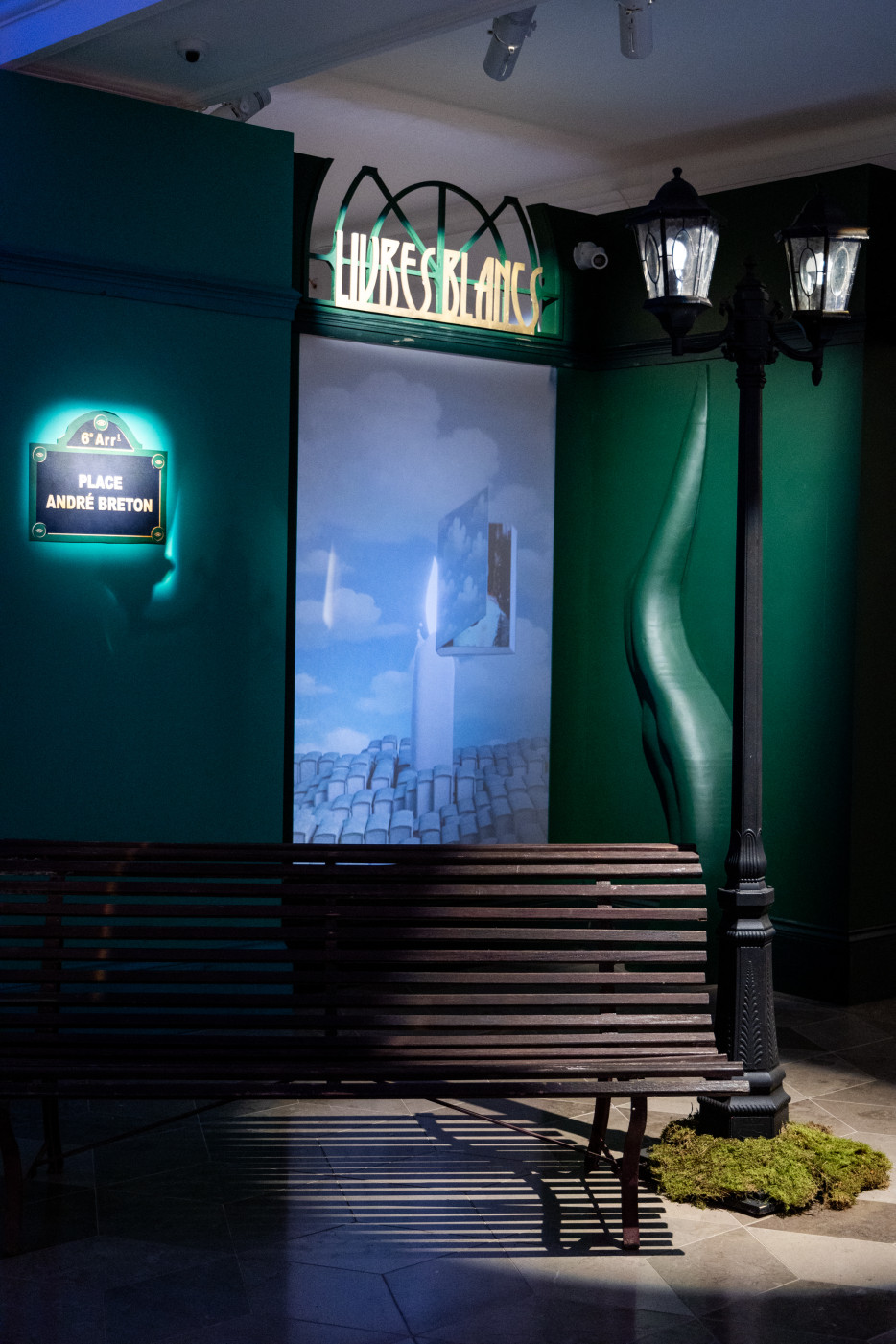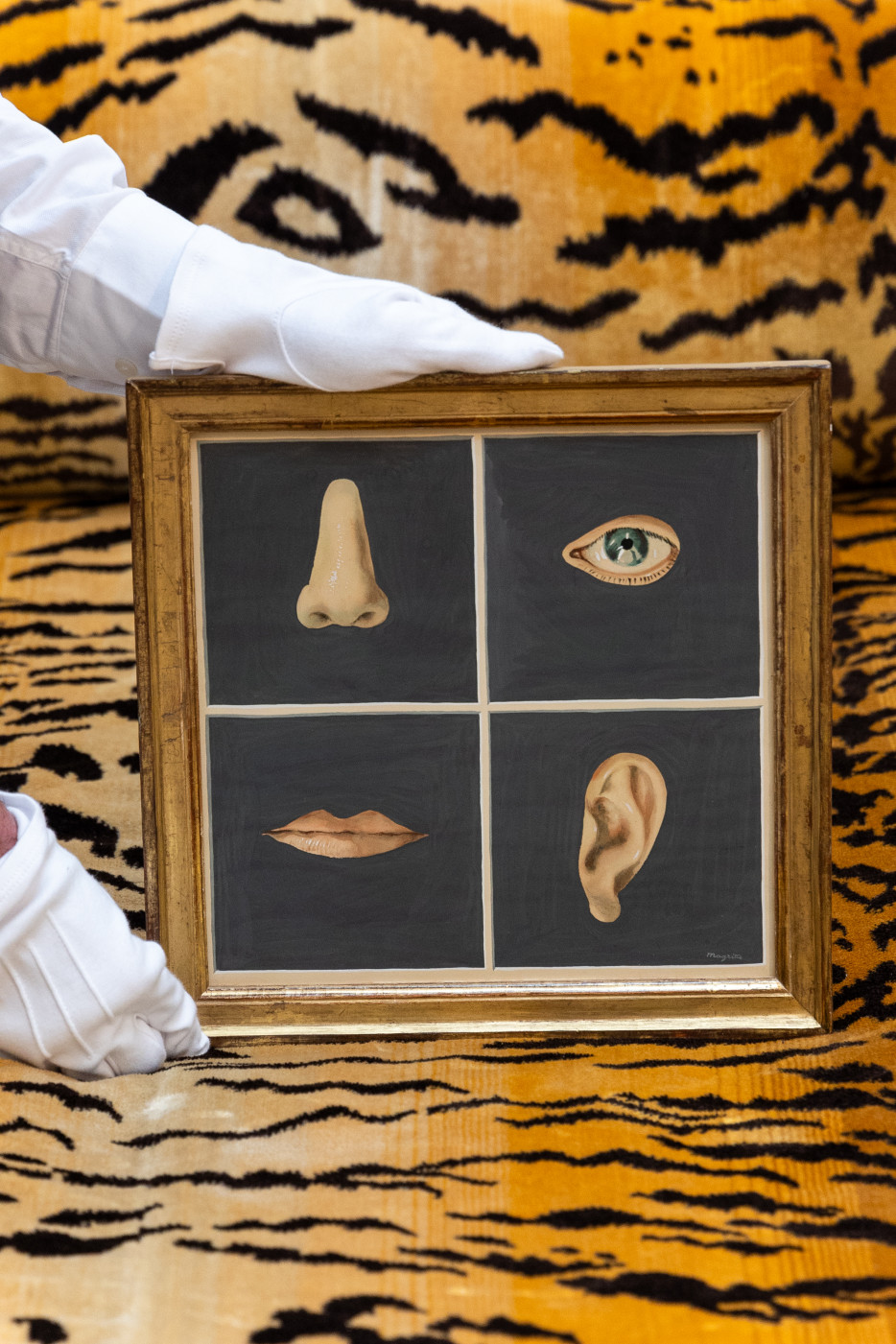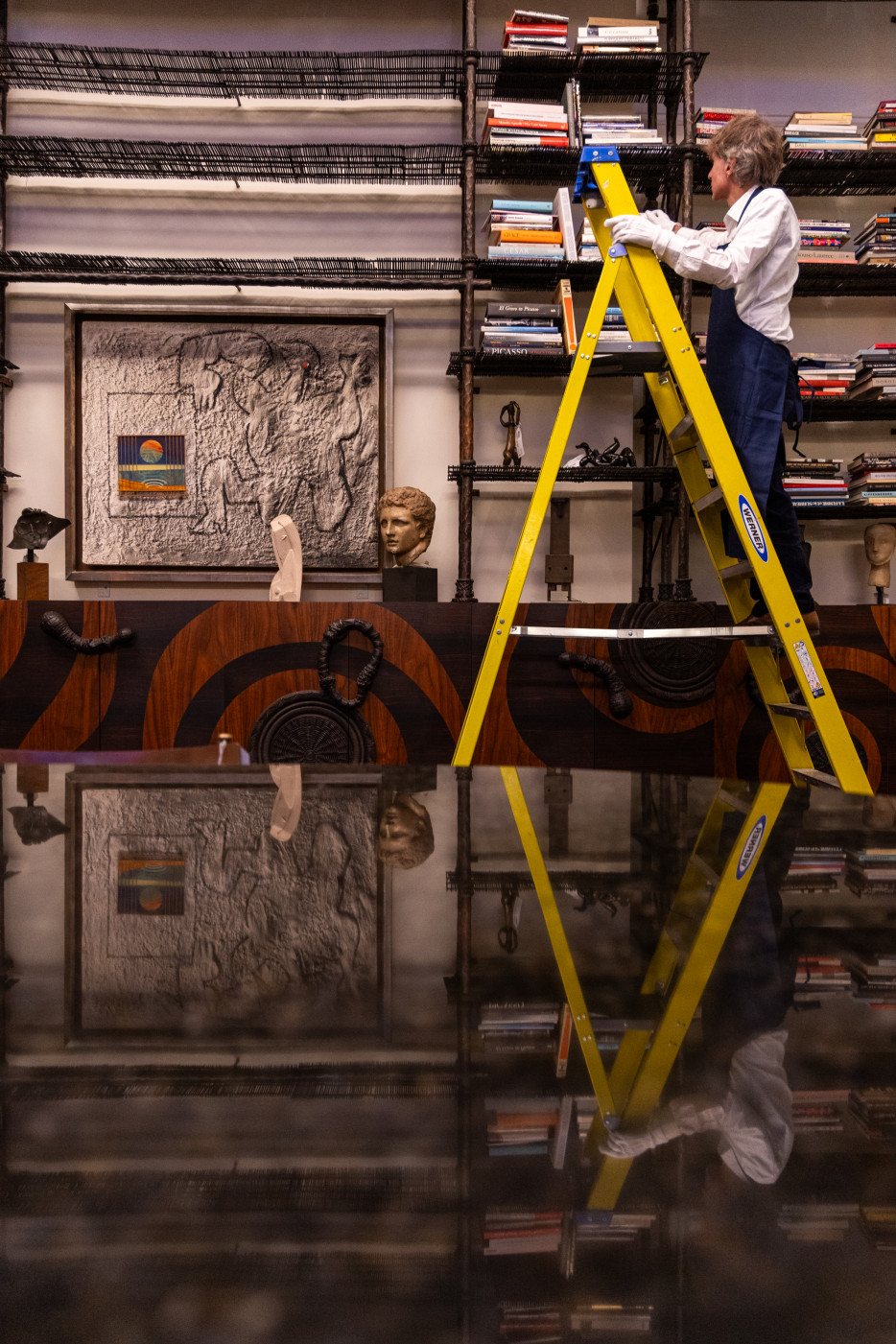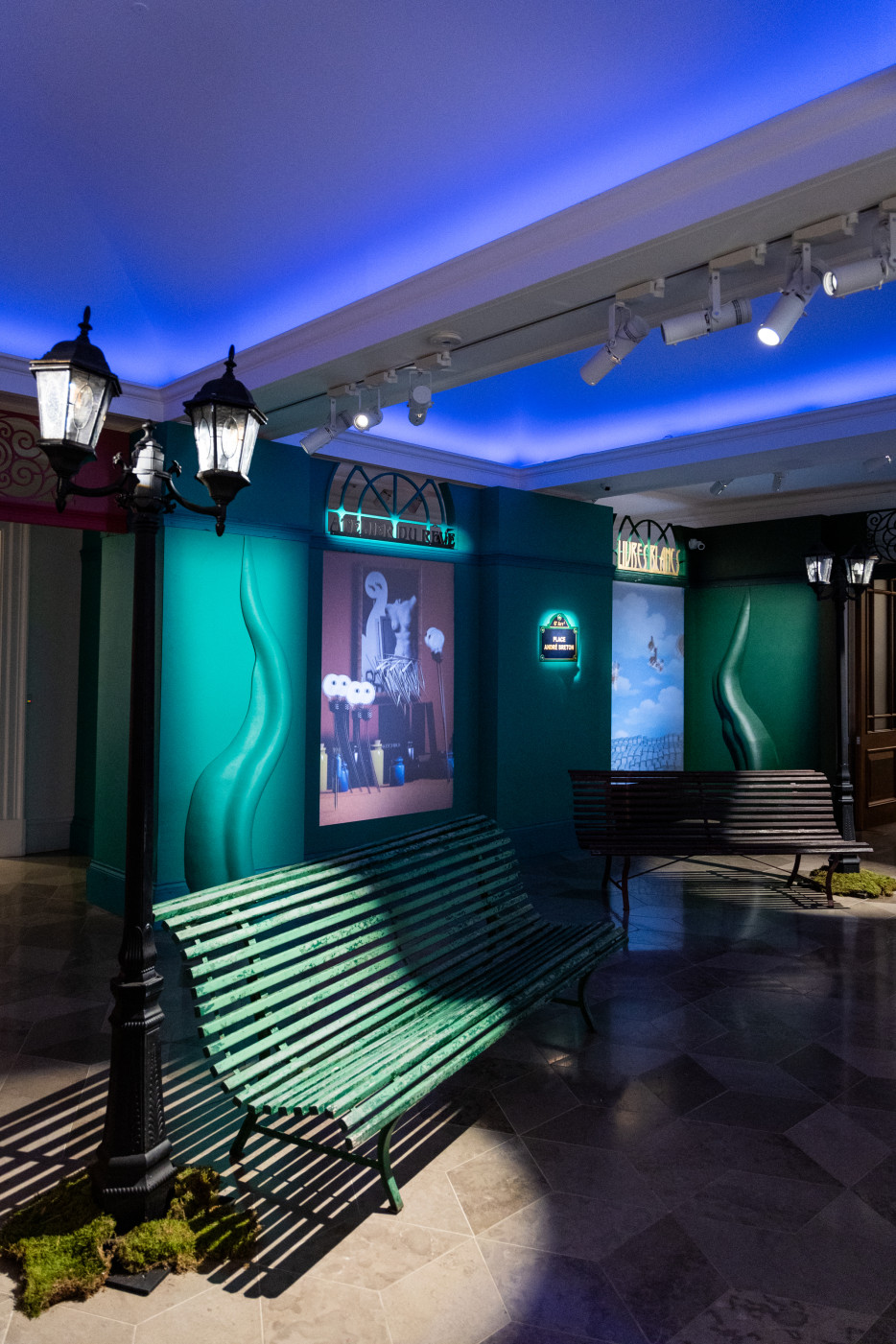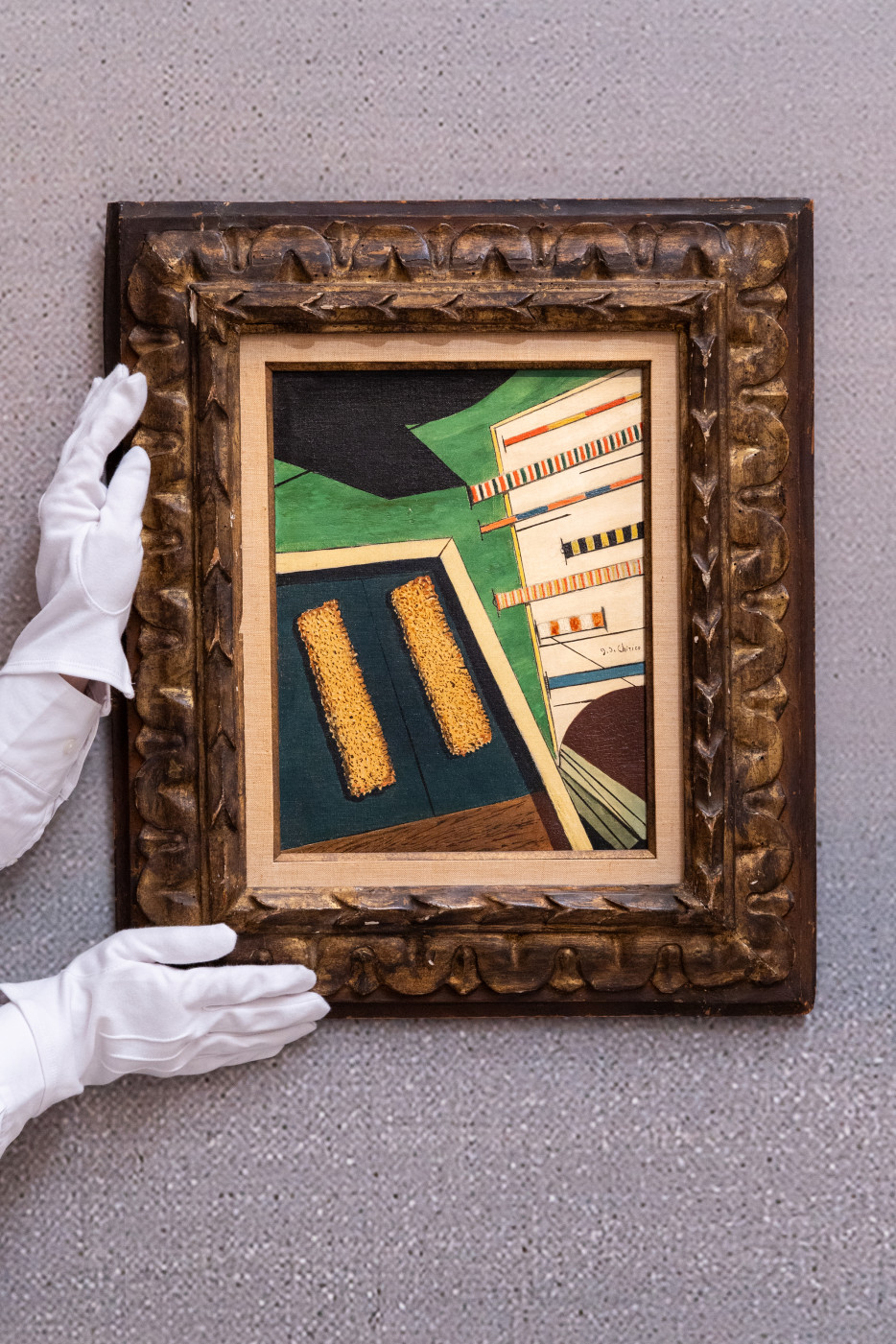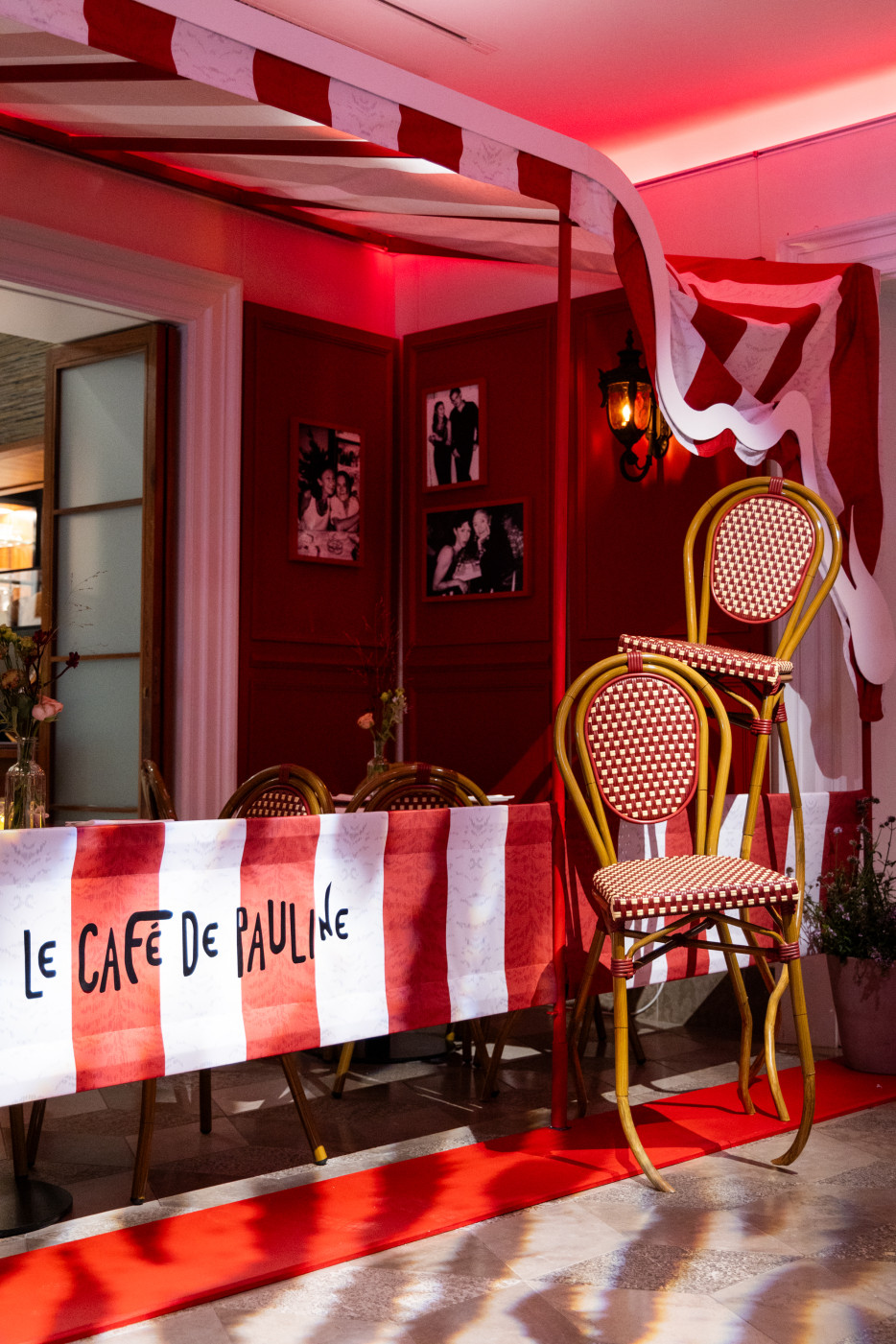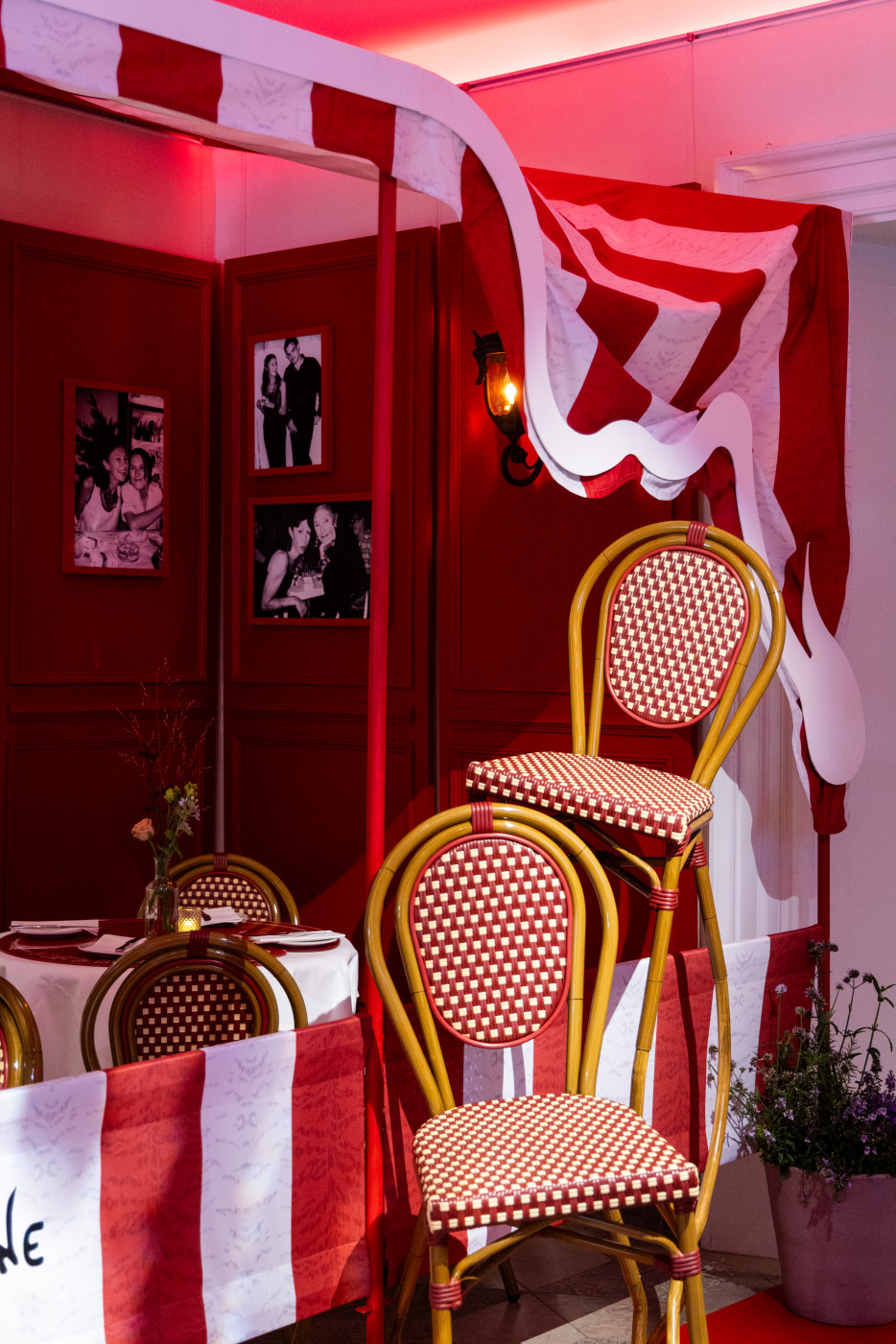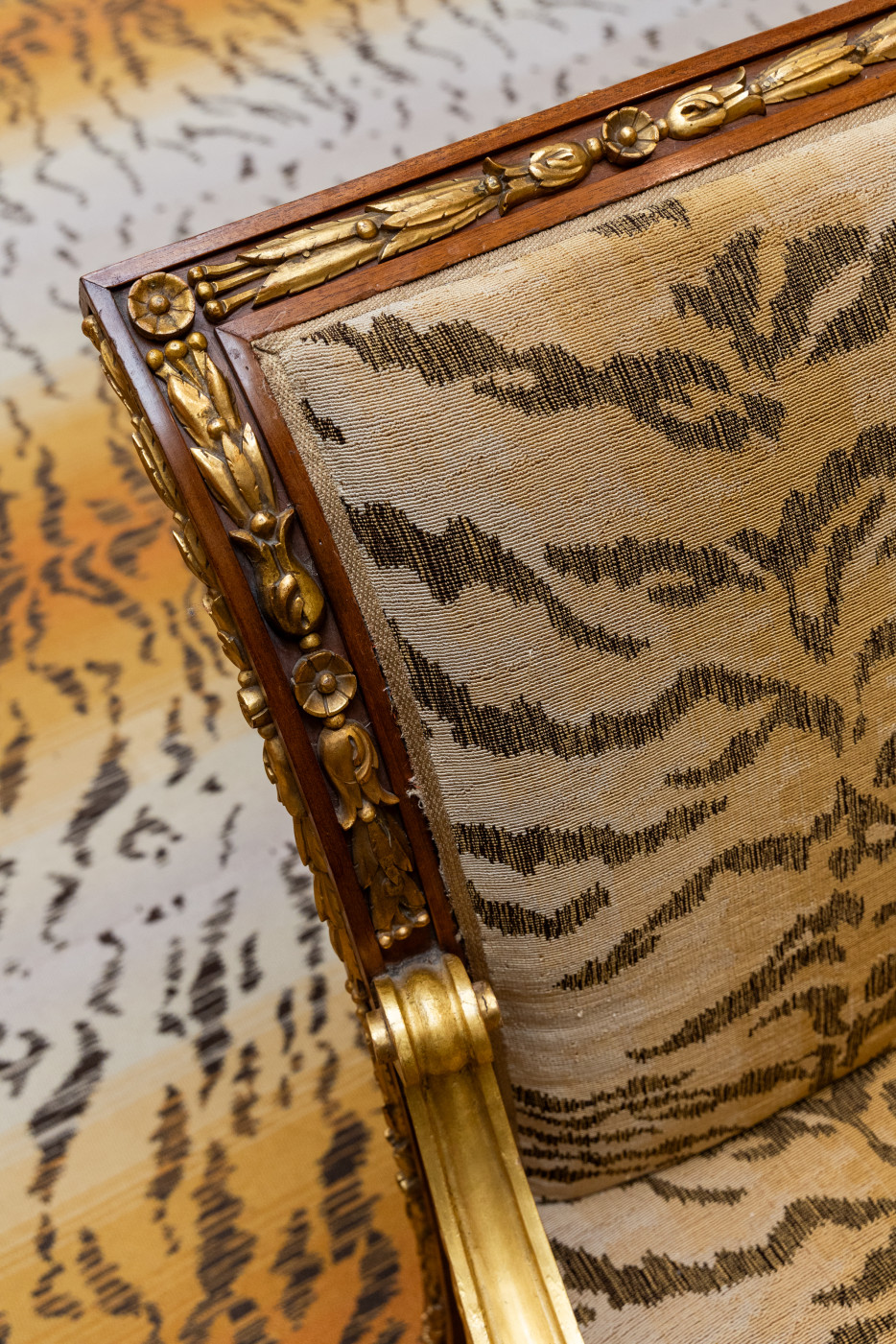
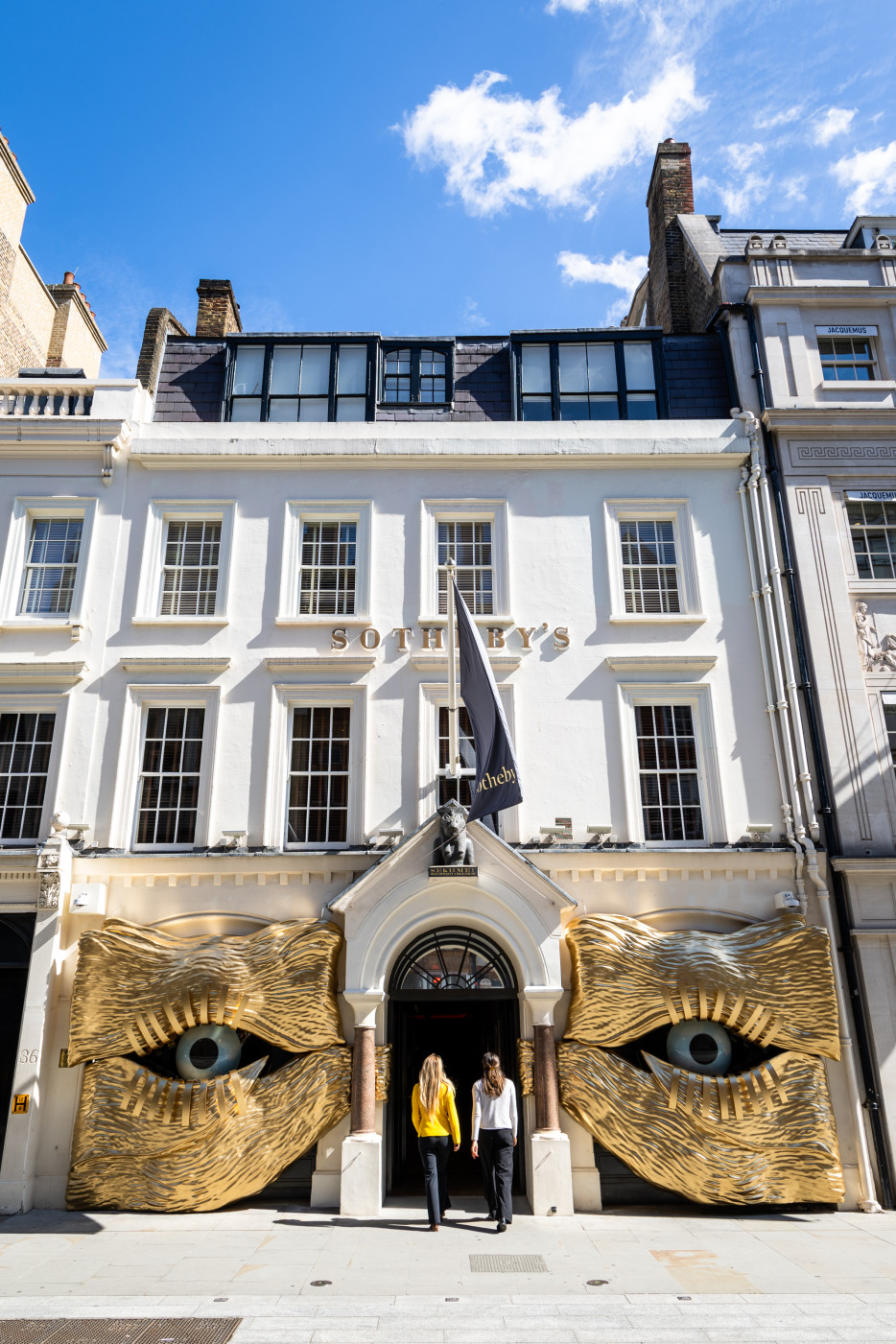
Pauline Karpidas’s £60 Million art Collection Brimming with Magritte, Dalí and Warhol Comes to Auction at Sotheby’s in London
On 17 and 18 September, Sotheby’s London will unveil Pauline Karpidas: The London Collection, a two-day sale that is already being hailed as the auction house’s most valuable single-owner sale in Europe, with estimates surpassing £60 million. As the entire content of Karpidas’s home is moved to Sotheby’s for display, visitors have the unique opportunity to peer into the mind of one of Britain’s most original collectors, a woman who transformed her London apartment into a Surrealist dreamscape, where artistic interpretations of owls stood guard over her bed, butterflies dangled from chandeliers, and monkeys perched on tables.
Born in Manchester and raised in modest surroundings, Pauline Karpidas first became a model before moving to Athens on a whim, where she opened a fashion boutique and met her husband, the shipping magnate Constantine. It was Constantine who introduced her to art, but her eye was honed by the legendary art dealer Alexander Iolas. When Iolas visited Karpidas’s home in Athens he was persuaded to come out of retirement and help Pauline buy art with the promise that she would dedicate herself fully to building something truly extraordinary. “He agreed, but only if she committed to a year of study. Pauline immersed herself in books, museums, and galleries, laying the foundation for her lifelong approach that collecting would never simply be about acquisition, but about research and a deep engagement with the art itself,” explains Oliver Barker, Chairman, Sotheby’s Europe.
Over the decades, Pauline Karpidas assembled what Sotheby’s now calls “the greatest collection of Surrealism to emerge in recent history.” René Magritte was central. Early introductions through Iolas led to acquisitions of Magritte's masterpieces such as La Statue volante, estimated to be worth £9–12 million, and La Race blanche, alongside his sculptural Tête from 1960. “Remarkably, there are seven Magrittes in the evening auction alone—no small feat, and testament to Pauline’s remarkable eye,” Barker said.
The collection’s scope extends beyond painting. It includes Dalí’s delicate Portrait de Gala Galerina, Carrington’s mystical The Hour of Angelus, and Warhol’s late After Munch works, including The Scream and Madonna and Self-Portrait with Skeleton’s Arm. Francis Picabia’s Deux amies, Barker noted, “pushes against traditional ideas of beauty and intimacy, offering instead an ambiguous, psychologically charged vision of desire—a theme central to Surrealism.”
Yet it was not only Surrealist canvases that defined Karpidas’s taste. Her home was a gesamtkunstwerk, where art, design, and jewels converged. “Pauline has always had an incredibly clear vision for her collection,” Barker reflected.“It’s wonderfully eclectic, yet it doesn’t feel fragmented. There’s a dreamlike, almost surreal quality that unites it all—from the art to the design, furniture, and jewels. Walking into Pauline’s London home was like stepping into her imagination.”
At the heart of that imagination was her friendship with Claude and François-Xavier Lalanne, whose fantastical creations filled her rooms and gardens. She commissioned not only their furniture, an owl-adorned bed, a crocodile stool, a butterfly chandelier, but also jewellery: apple earrings, snail cuffs, hydrangea necklaces—the largest group of Lalanne jewellery ever to appear at auction.
For Barker, what unifies the collection is Karpidas herself: “Her fascination with the unconscious and the dialogue between dreams and waking life is really woven through everything. It’s not simply an assemblage of exceptional works, but an immersive world in its own right.”
To honour Karpidas’s vision, Sotheby’s will recreate her interiors for the presale exhibition. “The main gallery will reimagine the Salon in her London home—leopard-print carpet, beautiful Manetti sofas and all,” Barker explained.“We’re also creating a Lalanne garden where their fantastical designs will nestle among the trees. Even our restaurant will be transformed into ‘Pauline’s Café.’ Every corner of Sotheby’s will echo her footsteps.”
Courtesy: Sotheby's
Text: Milena Lazazzera


